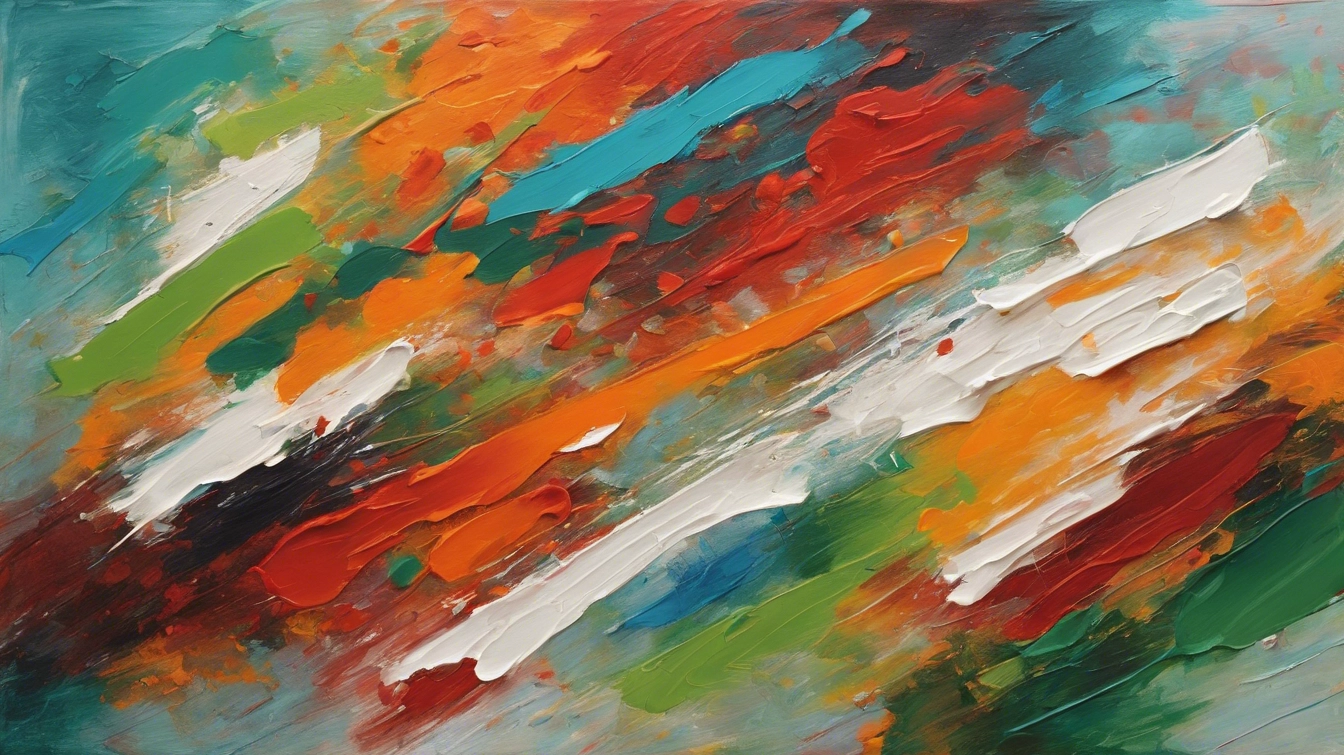Intro to Combining Color Theory & Technique
Color and brushstrokes are two fundamental elements in any work of art. Whether you are a beginner or an experienced artist, it’s essential to have a good understanding of color theory and a grasp on brushstroke techniques. Knowing how to use color and brushstrokes harmoniously allows for beautiful and impactful artwork.
Understanding Color

Colors are a powerful tool that can assist in conveying emotions and setting moods within a piece of artwork. By understanding color theory, you can choose a color palette that will tell a story and provoke an emotional response in your viewer. The color wheel is a great starting point to understand complementary and analogous colors. Complementary colors are colors opposite each other on the wheel. When used together in a piece, these colors create contrast, making for a captivating composition. Analogous colors are located next to each other on the color wheel and tend to create harmonious, pleasing schemes.
Brushstroke Basics

Creating unique brush strokes can assist in setting your work apart from others. By playing with texture and direction, brushstrokes can help convey the energy and emotion of a piece. Varied strokes can create exciting movement and flow in your artwork, giving the piece a sense of life and energy.
Combining Brushstroke Techniques & Color Theory

One way to achieve artistic harmony in your work is by using your knowledge of brushstroke techniques and color theory together. By using varying brushstrokes and applying them with different colors, you can create a dynamic and engaging piece. Know that thicker, bolder brushstrokes tend to work well with darker, contrasting colors, whereas softer strokes work well with lighter, more delicate colors.
Building a Harmonious Piece

While experimentation is key, always remember to consider the mood and feel you want your piece to convey. Apply your brushstrokes deliberately and with intention to achieve the desired effect. A painting with too many textures and colors can be overwhelming and busy while a piece with too few is often dull and uninspired. Remember to balance your technique and choice of colors to create equilibrium and capture the viewer’s attention.
Conclusion
In conclusion, color theory and brushstroke techniques are essential elements in creating beautiful, impactful pieces of art. By understanding the basics of both terms, and how to combine them cohesively, you can create artwork that conveys emotion and tells a story. Remember to stay true to your artistic vision while experimenting with different colors and brushstrokes to create artwork that is uniquely yours.

